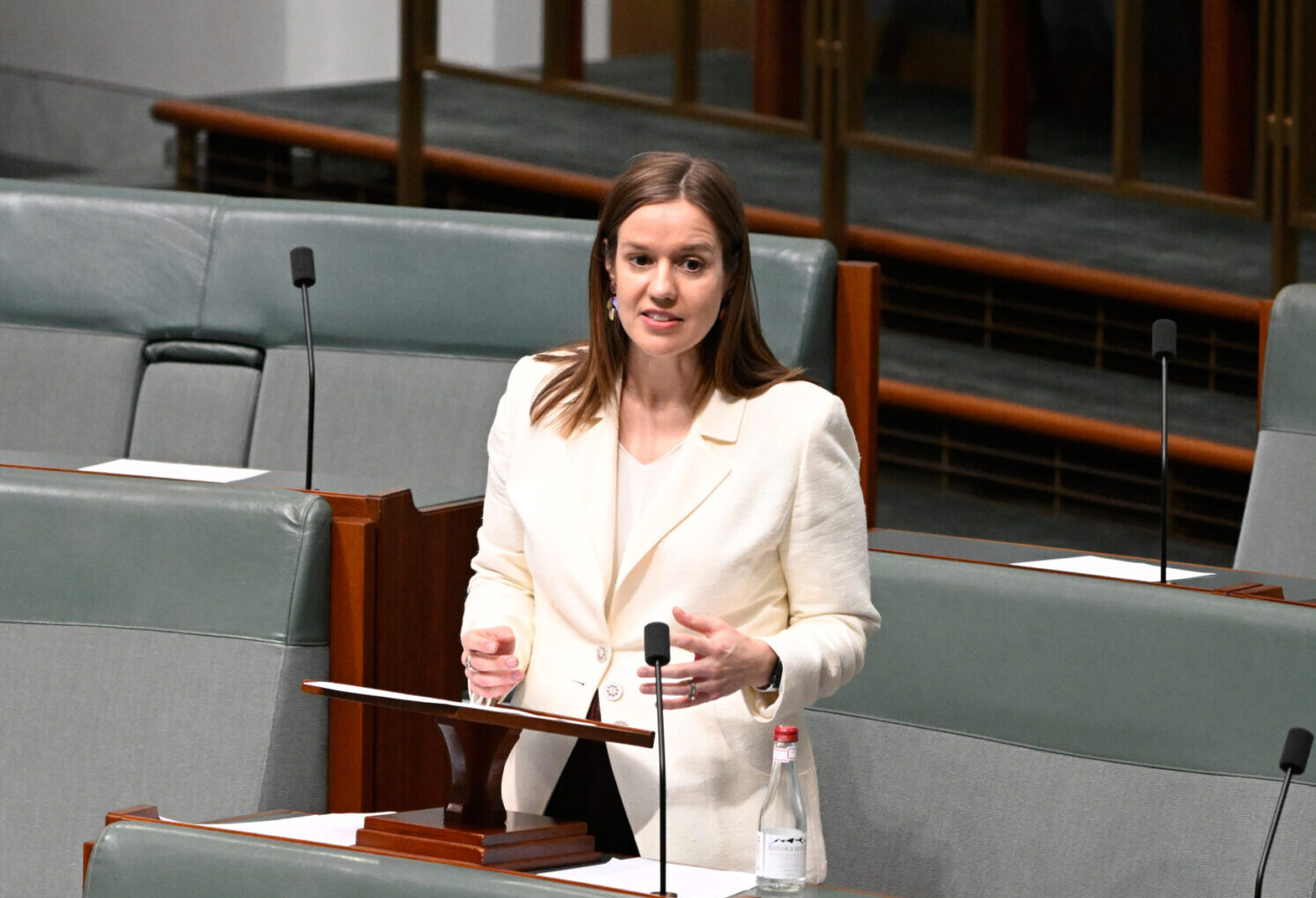Tonight I joined with many colleagues across the parliament for the launch of the national roundtable report by the Breast Cancer Network Australia. Making metastatic breast cancer count—a way forward calls for all people with metastatic breast cancer to be consistently counted on cancer registries. It seems like such a simple thing for those of us not familiar with it, but it is so important because, of course, without good data we are, in a way, fighting in the dark. Last year BCNA estimated that over 10,500 people are living with metastatic breast cancer in Australia. However, this is a conservative estimate and the actual figure is likely to be significantly higher. So I pay tribute to BCNA and all who came together to do this work and launch the report, particularly all the women personally affected by metastatic breast cancer.
The report follows a national roundtable that brought together leading cancer and data expert to discuss the state of play in Australia and the way forward. It discusses the importance of collecting cancer stage and recurrence data so that there is an accurate number of how many Australians are living with metastatic breast cancer. The report makes several other recommendations, including forming an Australian cancer data alliance that can help in leading and implementing national minimum standards for data collection; increasing the funding of resources and staffing at state and territory cancer registries where needed; and improving the ability of cancer registries to consistently collect stage and recurrence data, with improved data linkages to health providers. As Professor Sanchia Aranda, who helped lead much of this work, has said:
Our approach has traditionally seen data as a risk to be managed rather than an asset to be leveraged.
Let us hope the momentum generated through this conversation will be a catalyst for lasting change.
Earlier this month, the Minister for Health and Aged Care launched the landmark Australian Cancer Plan, which aims to improve prevention, screening, treatment and management of all cancers for Australians, regardless of their background or where they live. It is a very important plan and it covers all cancer types across the whole cancer journey, from prevention and early detection to treatment, recovery and end-of-life care. Pleasingly, there is good alignment between this Cancer Plan and the BCNA report launched tonight, particularly with the Cancer Plan also including aims on cancer control infrastructure, supported by advancing the application of technology, research and data. I was so pleased to hear the Assistant Minister for Health and Aged Care at tonight’s launch say that the government will respond to the BCNA report very shortly.
If it’s not already abundantly clear, I am delivering this speech tonight on behalf of my very good friend Peta Murphy, the member for Dunkley, and I do wish that she were here to do it herself—but I’m also very aware that she will be looking at the Hansard to check that I acquit it properly. There is obviously no fiercer advocate for this work and for providing support for those with metastatic breast cancer than the member for Dunkley. As she has said: ‘As someone living with metastatic breast cancer, I want to be a voice for those who feel invisible and as if they don’t count. For health service providers and policymakers to plan cancer services and support, we need to know just how many of us are living with metastatic breast cancer.’ The member for Dunkley has more than achieved that goal of being a voice for those with metastatic breast cancer, and the attention this report is getting is a testament to that. She is absolutely a fierce advocate in this and in all of the work she does.
So thank you to the BCNA, who put so much work into this, and thank you to the member for Dunkley.
